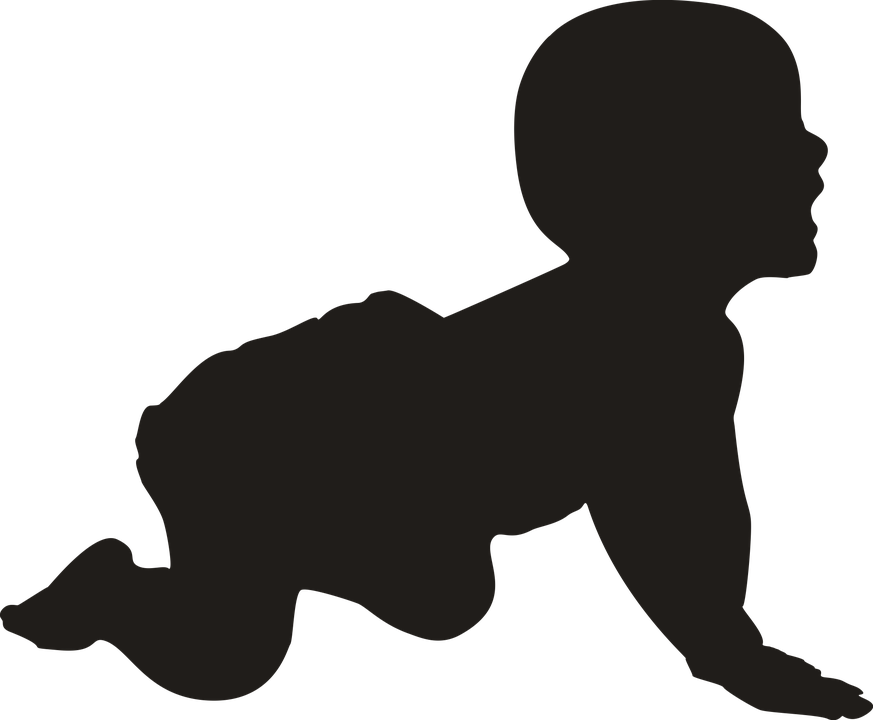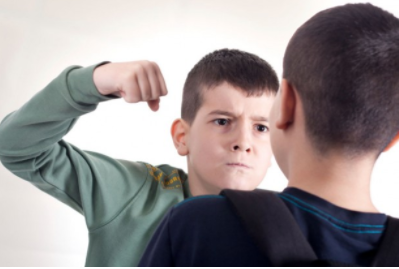As parents, we are our children’s first educators. Their first “words” are sounds we repeat to them, like “Mama” or “Dada”. They learn by listening and observing. They have the ability to send back sounds until they form into semi-coherent words. They also have the ability to express what they feel or what they want, based on whatever communication mechanism they develop at a certain age.
Wonders of Growing
That is one of the wonders of child development. It does not always lean towards the positive side. “With infants, parents have to cope with physical exhaustion from sleep deprivation and the non-stop cycle of feeding, burping, cleaning, and comforting a fussy baby,” says clinical psychologist Eileen Kennedy-Moore, Ph.D. “During the toddler years, parents have do deal with an opinionated little person who is simultaneously trying to figure out the world and run it.”
Impressionable as they are, children still don’t have filters that adults use to accept or reject things they pick up from their environment and other people. It could lead to harmless things like toddlers learning “bad words”. Sometimes, it goes to the extreme end of the spectrum like children developing deviant behavior.

Dealing with Deviant Behavior
Deviant behavior can manifest as early as childhood. While some parents become instantly alarmed when their children display unusual behavior, most of the time it’s just an overreaction. We must understand that children are still developing their sense of self, while at the same time, soaking up information from their environments like sponges; we cannot expect them to suddenly act the way society expects people to act. Children are still slightly empty vessels still learning to act according to social cues developed by adults.

Paying Attention to Deviant Behavior
Deviant behavior is not so rare that parents should disregard it completely. In fact, good parenting must always involve constant vigilance over factors that could contribute to a child’s personality development.
Studies have shown that the presence of violence in a person’s early formative years is more often than not a huge predictor of aggressive behavior like crime in adulthood. Nowadays, it’s hard to control when a child could witness violent acts. It could be from the media, like news reports of a violent nature, or from entertainment like movies and even video games.
Exposure to such themes, especially during their early formative years, implies a high risk of developing violent personalities. This is related to the social learning theory, wherein children imitate behavior that they see, behaviors that are not limited to what they see in the television but also those they see from their parents.

Influence of the Environment on Behavior Formation
Sometimes, the presence of violence in a child’s life comes directly from parents who inflict them pain as a form of punishment, which leads us to another theory associated with childhood development: the operant conditioning. As children learn by mimicking people and things around them, the likelihood of these behaviors being repeated as their own depends on whether adults answer with reinforcement or punishment.
“Children are generally not as good as adults at stating their reasons or arguing logically, so it is unfair for parents to expect their children to always give good reasons for what they do,” Peter Gray, Ph.D. wrote. “The parent’s attempt to argue with a child leads too often to a verbal beating and shaming, which undermines the goal of understanding and support.”
Responsibility of the Parents
Parents have the responsibility of building the stepping stones of the personalities their children could possibly develop.
Does the emergence of deviant behavior indicate bad parenting? Should we be conscious of every little detail we expose our children to?
The answer is, it depends. Yes, we want to avoid molding our children into individuals that society will frown upon. But “helicopter parenting” is not conducive to our children’s development as well. We have to give them some leeway to develop on their own, while still on the ready to correct them when they do something bad.
“The parent must be willing to change their behavior first, in order for their kid to change,” says adult and teen psychotherapist Linda Esposito, LCSW. “A common pitfall is confusing discipline with punishment.”
The key is to balance the authoritative side of parenting to the good and loving side that children need as well. And the most important thing to remember is that there is no “good parenting”.